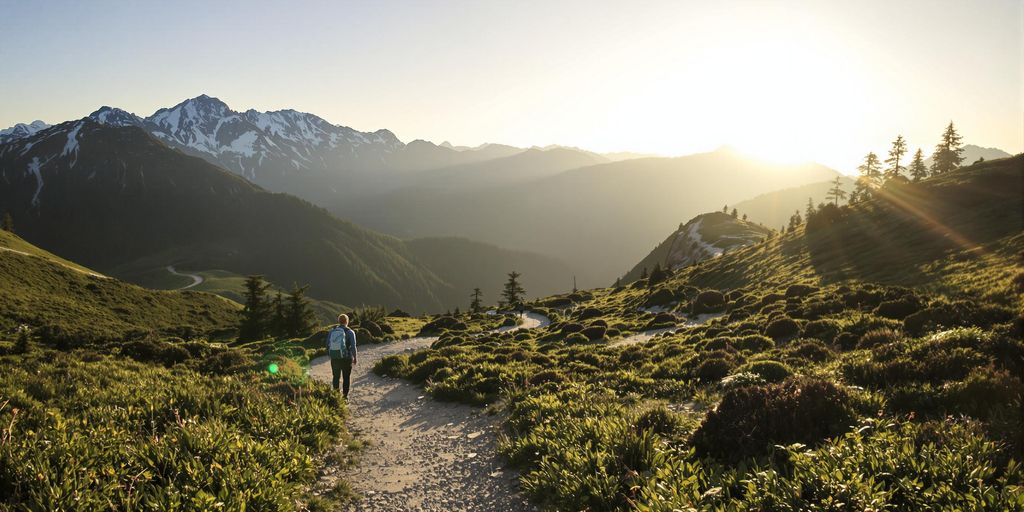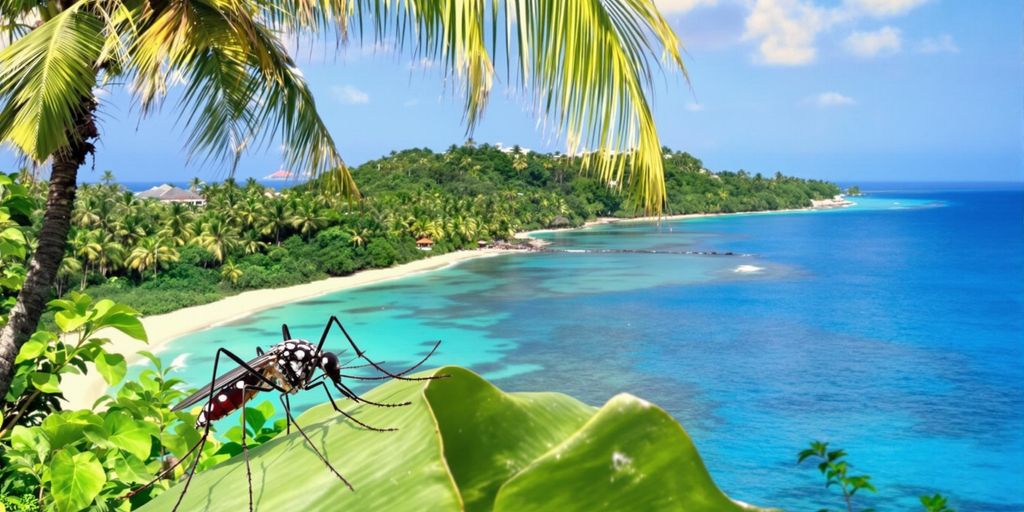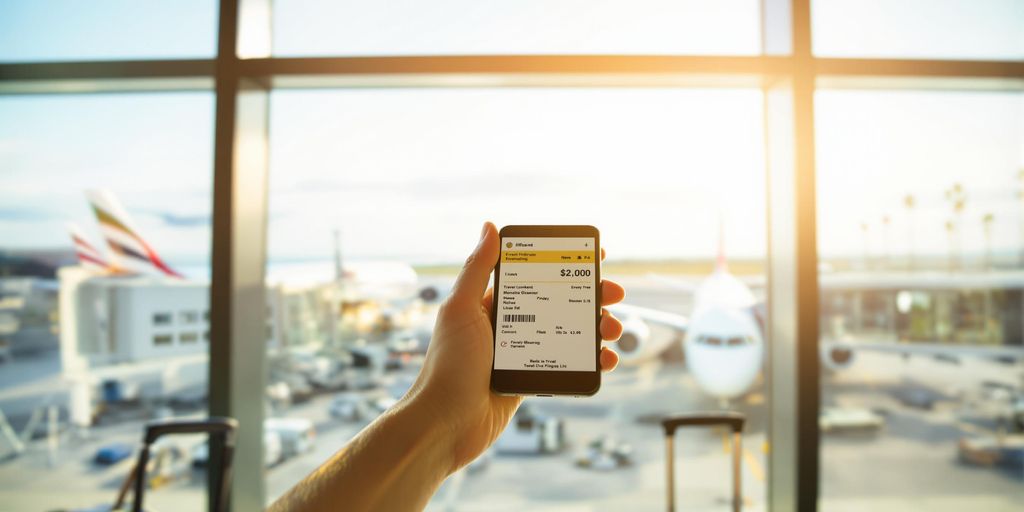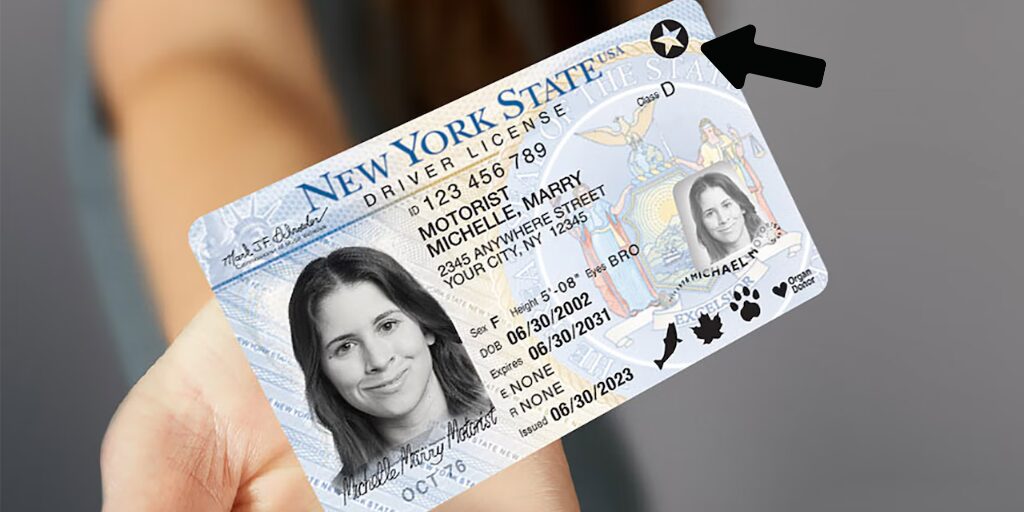Have you ever felt the pull to pack your bags and escape your daily grind? Traveling isn’t just about seeing new places; it’s a powerful way to boost your mental health. From breaking free of your routine to finding joy in new experiences, travel therapy can be a game changer for your well-being. Let’s explore how hitting the road can help you feel better, both mentally and emotionally.
Key Takeaways
- Traveling helps break the cycle of everyday stress and routine.
- New environments can provide clarity and a fresh perspective on life.
- Experiencing different cultures fosters empathy and understanding.
- Travel boosts confidence by pushing you out of your comfort zone.
- Mindfulness and gratitude can be enhanced through travel experiences.
Mental Health And Travel: A Winning Combination
Are you feeling stressed? Is anxiety keeping you up at night? Looking for something to help you relax and give you new experiences? Travel might be just what you need to boost your mental health.
Mental health and travel often go together. Travel gives you a break from your usual routine and the stress that comes with it. It lets your mind relax and recharge. It also opens your eyes to new things, makes you question what you thought you knew, and helps you grow as a person. All of this can make your mental health better.
Understanding The Connection Between Travel And Mental Health
Travel can really shake things up in a good way. It’s not just about seeing new places; it’s about how those new places make you feel. When you travel, you’re stepping outside your comfort zone, and that can be a powerful thing for your mind. It’s like hitting a reset button. You’re away from the everyday pressures, and your brain gets a chance to breathe. Think about it: new sights, new sounds, new smells – it’s a sensory overload in the best way possible. This change of scenery can help reduce stress and anxiety. It gives you a fresh perspective on your life and the things that might be bothering you. It’s like your brain is saying, "Hey, there’s a whole world out there!" and suddenly, your problems don’t seem so big anymore.
The Role Of Adventure In Mental Well-Being
Adventure is a key part of why travel is so good for your mental health. It’s about doing things you wouldn’t normally do, pushing your limits, and discovering what you’re really capable of. That feeling of excitement and maybe even a little bit of fear when you try something new? That’s your brain releasing dopamine, a chemical that makes you feel good. Whether it’s hiking a mountain, trying a new food, or just getting lost in a new city, these adventures create memories and stories that you’ll carry with you long after you’ve returned home. Plus, overcoming challenges while traveling builds resilience and confidence. You learn that you can handle whatever comes your way, and that’s a huge boost for your self-esteem.
Travel As A Form Of Self-Care
Think of travel as a way to take care of yourself. It’s not just a vacation; it’s an investment in your well-being. Self-care is all about doing things that make you feel good, and travel definitely fits the bill. It’s a chance to disconnect from technology, to slow down, and to focus on yourself. You can do whatever you want, whether it’s lounging on a beach, exploring a museum, or just wandering around a new city. The point is, you’re doing something that makes you happy and helps you recharge. And when you’re feeling good, you’re better equipped to handle the stresses of everyday life. So, next time you’re feeling overwhelmed, consider booking a trip. It might be just what you need to reset and come back feeling refreshed and ready to take on the world.
Escape From Routine And Stress
Let’s be real, life can get super monotonous. Same old, same old, day in and day out. Work, chores, maybe a little TV, then repeat. It’s like you’re stuck in a loop, and it’s easy to feel the weight of it all. That’s where travel comes in – it’s your chance to hit the reset button.
Breaking Free From Monotony
Think of travel as a giant ‘pause’ button on your regular life. It’s a chance to shake things up and break free from the grind. Instead of the same four walls, you’re suddenly surrounded by new sights, sounds, and smells. It’s like your brain gets a jolt of electricity, waking it up from its slumber. Even a short weekend trip can do wonders for your mental state. It doesn’t have to be extravagant; just different. Maybe a quick bodyweight workout in your hotel room can help you feel refreshed.
Finding Clarity In New Environments
Ever notice how problems seem smaller when you’re far away from them? New environments have a way of doing that. When you’re not constantly bombarded by the same stressors, your mind has space to breathe. You can gain perspective and see things from a different angle. It’s like stepping back from a painting to appreciate the whole picture. Plus, being away from your usual distractions allows you to focus on what truly matters.
Reducing Anxiety Through Exploration
Anxiety often thrives on the unknown, but exploration flips that script. When you’re actively exploring, you’re facing the unknown head-on, and that can be incredibly empowering. You’re learning to adapt, problem-solve, and trust your instincts. Each small victory – whether it’s navigating a foreign city or trying a new food – builds your confidence and reduces the power of anxiety. Plus, the sheer joy of discovery can be a powerful antidote to stress. It’s about embracing the moment and letting go of worries, even if just for a little while. You might even find some travel benefits you didn’t expect.
Broadening Horizons And Expanding Perspectives
Ever feel like you’re stuck in a rut? Travel can be a real game-changer. It’s not just about seeing new places; it’s about shaking up how you see the world. Getting out there and experiencing different cultures can seriously mess with your assumptions and open your mind to new possibilities. It’s like hitting a reset button on your brain.
Cultural Immersion And Its Benefits
When you throw yourself into a new culture, you’re not just a tourist – you’re a participant. You’re trying new foods, hearing different languages, and seeing how other people live. This kind of immersion can have a huge impact. You start to understand that your way isn’t the only way, or even necessarily the best way. It’s like reading a book, but instead of just imagining it, you’re living it. You might even pick up a new hobby or interest. For example, you might learn to appreciate the art of virtual reality therapy platforms after seeing how other cultures approach mental health.
Challenging Preconceived Notions
We all have biases, whether we realize it or not. Travel has a funny way of exposing those biases. Maybe you thought a certain country was dangerous, but then you visit and find the people incredibly welcoming. Or maybe you assumed a particular cuisine was bland, but then you taste something amazing that blows your mind. These experiences force you to question what you thought you knew and to reconsider your assumptions. It’s uncomfortable, sure, but it’s also incredibly valuable. It’s like upgrading your operating system – you might find that travel therapy is the new mental health hack.
Fostering Empathy Through Travel
One of the coolest things about travel is how it can make you more empathetic. When you meet people from different backgrounds, you start to understand their struggles and their perspectives. You realize that everyone has their own story, and that those stories are often very different from your own. This understanding can make you a more compassionate and understanding person. It’s like building a bridge between yourself and the rest of the world. You start to see the world through different eyes, and that can change everything. It’s not just about seeing the sights; it’s about connecting with people and building self-assurance through shared experiences.
Boosting Mental Resilience And Confidence
Travel isn’t just about seeing cool places; it’s also a workout for your mind. You’re constantly put in situations where you have to think on your feet, adapt, and figure things out. This builds mental muscle, making you more resilient and confident in all areas of your life.
Navigating Unfamiliar Situations
Think about the last time you were completely lost in a new city. Maybe your phone died, or you couldn’t understand the local language. It’s stressful, right? But when you finally figure it out – whether you ask for directions, use a paper map, or just wander until you find something familiar – you get this huge sense of accomplishment. You realize you can handle things, even when they’re tough. It’s like a mini-crisis that actually makes you stronger.
Overcoming Challenges While Traveling
Travel is full of little challenges. Missed trains, delayed flights, unexpected weather, food you don’t like, accommodations that aren’t what you expected. Each of these is an opportunity to practice problem-solving. Do you complain and get upset, or do you find a solution? Maybe you find a different route, a new restaurant, or a better hotel. The more you overcome these challenges, the more confident you become in your ability to handle whatever life throws at you.
Building Self-Assurance Through Experiences
Every time you step outside your comfort zone, you grow. Maybe you try a new activity, like surfing or rock climbing. Maybe you strike up a conversation with a local, even though you’re nervous. These experiences build self-assurance. You start to realize you’re capable of more than you thought. You become more willing to take risks and try new things, because you know you can handle the outcome, whatever it may be. Travel isn’t just a vacation; it’s an investment in yourself.
Encouraging Mindfulness
Travel can be more than just seeing new places; it’s a chance to really be present. It’s easy to get caught up in planning, taking photos, and rushing to the next sight. But what if you slowed down and actually noticed where you are?
Living In The Present Moment
When you’re traveling, try to focus on what’s happening right now. Put your phone away for a bit. Really look at the scenery, listen to the sounds, and smell the air. It’s about being fully engaged in the experience, not just documenting it for later. I know, easier said than done, right? But even small moments of presence can make a big difference. For example, I was in Italy last year, and instead of just snapping a picture of the Colosseum, I sat there for a good half hour, just watching people and listening to the sounds of the city. It was way more memorable than any photo I took.
Appreciating Beauty In Simplicity
Travel often throws you into situations where you have less stuff and fewer distractions. This can be a great opportunity to appreciate the simple things. A good meal, a beautiful sunset, a friendly conversation – these moments can become really special when you’re not constantly bombarded with noise and obligations. I remember one time I was backpacking in Southeast Asia, and all I had was a hammock, a book, and the sound of the ocean. It was surprisingly peaceful and made me realize how little I actually need to be happy.
Cultivating Gratitude Through Travel
Being away from your normal routine can also help you appreciate what you have back home. It’s easy to take things for granted when you’re surrounded by them every day. But when you see how other people live, or when you experience challenges on the road, it can give you a new perspective. I always try to keep a travel journal and write down things I’m grateful for each day. It could be something as simple as a hot shower or a comfortable bed. It helps me stay grounded and appreciate the good things in my life, both big and small.
Here are some ways to cultivate gratitude while traveling:
- Keep a gratitude journal: Write down 3 things you’re grateful for each day.
- Practice mindful observation: Pay attention to the details around you and appreciate the beauty in simple things.
- Express your appreciation: Thank the people who help you along the way, whether it’s a hotel employee or a local who gives you directions.
Fostering Social Connections And Emotional Support
Travel isn’t just about seeing new places; it’s also about the people you meet along the way. You might be surprised at how much these interactions can boost your mental well-being. It’s easy to get caught up in your own little world, but travel throws you into situations where you’re interacting with all sorts of people.
Building Community While Traveling
Think about staying in a hostel. You’re instantly surrounded by people from different countries, backgrounds, and walks of life. Sharing a meal, planning an excursion, or just chatting in the common room can create a sense of community that you might not even realize you were missing. These shared experiences can lead to lasting friendships and a feeling of belonging, even if it’s just for a short time. It’s about finding your tribe, even temporarily, and realizing you’re not alone in this big world. Travel can be a therapeutic tool, helping to alleviate loneliness and social isolation.
Combating Loneliness Through Shared Experiences
Let’s be real, life can get lonely. But when you travel, you’re often doing things with other people, even if you start out solo. Group tours, cooking classes, or even just striking up a conversation with someone at a local market can break down those feelings of isolation. Sharing an experience, like watching a sunset or trying a new food, creates a bond. You’re making memories together, and that connection can be incredibly powerful. It reminds you that you’re part of something bigger than yourself.
The Importance Of Human Interaction
In our digital age, it’s easy to forget the importance of face-to-face interaction. Travel forces you to put down your phone and engage with the world around you. Talking to locals, asking for directions, or simply smiling at a stranger can create a sense of connection that’s hard to replicate online. These small interactions can have a big impact on your mood and overall sense of well-being. It’s a reminder that we’re all human, and we all crave connection. Plus, you never know what you might learn from someone new. You might even find some mental health topics.
Inspiring Creativity And Self-Reflection
Stimulating Imagination Through New Experiences
When you’re stuck in the same old routine, it’s easy to feel like your brain is on autopilot. Travel shakes things up. New sights, sounds, smells – they all work together to wake up your senses. Think about walking through a bustling market in Marrakech, or seeing the Northern Lights dance across the sky. These aren’t just pretty pictures; they’re fuel for your imagination. You might find yourself thinking about things in a completely different way, maybe even sparking a new hobby or interest. It’s like your brain gets a fresh coat of paint, and suddenly, you’re seeing the world in vibrant colors. Travel can be a great way to boost energy levels and get your mind working in new ways.
The Role Of Solitude In Self-Discovery
Sometimes, the best way to figure things out is to get away from everyone and everything. Travel offers a unique opportunity for solitude. Whether it’s a solo hike in the mountains or a quiet afternoon in a cafe in a foreign city, these moments of peace can be incredibly powerful. It’s a chance to disconnect from the noise of daily life and really listen to yourself. What are you passionate about? What are your fears? What do you really want out of life? These are the kinds of questions that can surface when you give yourself the space to think. It’s not always easy, but it can be incredibly rewarding. You might be surprised at what you discover about yourself when you’re alone with your thoughts.
Infusing Daily Life With Travel Inspiration
The thing about travel is, it doesn’t have to end when you get home. The experiences and insights you gain on the road can have a lasting impact on your daily life. Maybe you picked up a new recipe in Italy and now you’re cooking more at home. Or perhaps you were inspired by the street art in Berlin and started taking a photography class. It’s about finding ways to bring the spirit of adventure and discovery into your everyday routine. Travel isn’t just a vacation; it’s a mindset. And when you embrace that mindset, you can find inspiration and excitement in even the most ordinary moments.
Promoting Physical Well-Being
It’s easy to forget about your body when you’re focused on your mind, but travel can actually be a great way to boost your physical health too. Think about it – you’re probably walking way more than usual, exploring new places, and maybe even trying out some adventurous activities. It’s a win-win!
Engaging In Physical Activities While Traveling
When you’re traveling, you’re naturally more active. Instead of sitting at a desk all day, you might be hiking through a national park, wandering around a new city, or even just dancing at a local festival. All that extra movement adds up! I remember one trip where I walked like ten miles a day without even realizing it. It felt great!
Here are some ideas to get you moving:
- Hiking: Find some local trails and explore nature.
- Walking Tours: See the sights and get some exercise at the same time.
- Water Sports: Swimming, kayaking, or paddleboarding are great workouts.
The Link Between Physical Health And Mental Clarity
It’s no secret that physical activity is good for your mental health. When you exercise, your body releases endorphins, which have mood-boosting effects. Plus, getting your heart rate up can help reduce stress and improve your focus. I always feel way more clear-headed after a good workout, and that’s especially true when I’m traveling.
Combating Sedentary Lifestyles Through Adventure
Let’s be real, most of us spend way too much time sitting down. Travel is a great way to break out of that sedentary routine and get your body moving. Whether you’re climbing a mountain or just exploring a new city on foot, you’re doing something good for your physical health. And when you feel good physically, it’s easier to feel good mentally too. It’s all connected!
Here’s a simple table to illustrate the benefits:
| Activity | Physical Benefit | Mental Benefit |
|---|---|---|
| Hiking | Improved cardiovascular health | Reduced stress, improved mood |
| Walking | Increased calorie burn | Enhanced mental clarity |
| Water Sports | Full-body workout | Increased self-esteem |
Travel Therapy As A Mental Health Hack
Understanding Travel Therapy
So, you’ve heard about travel therapy, huh? It’s not just about taking a vacation; it’s about intentionally using travel to address specific mental health needs. Think of it as a proactive approach to well-being, where the destination and activities are chosen to promote healing and growth. It’s like a self-care routine, but on a grander scale. Instead of just a weekend getaway, it’s a focused journey designed to help you work through stuff.
How To Incorporate Travel Into Mental Health Routines
Okay, so how do you actually do this? It’s not as simple as booking a flight to the Bahamas and hoping for the best. Here’s a few ideas:
- Set Intentions: Before you go anywhere, figure out what you want to get out of the trip. Are you trying to reduce stress? Boost your confidence? Connect with yourself? Knowing your goals will help you choose the right destination and activities.
- Choose Wisely: Not all trips are created equal. A wild party in Vegas might be fun, but it’s probably not the best choice for anxiety. Consider destinations that offer peace, nature, or opportunities for self-reflection. Maybe a quiet cabin in the woods, or a yoga retreat in Bali.
- Be Present: This is key. Put away your phone (as much as possible) and really experience where you are. Notice the sights, sounds, smells, and tastes. Engage with the local culture. The more present you are, the more you’ll get out of the experience.
- Journal: Write down your thoughts and feelings during your trip. This can help you process your experiences and gain insights into yourself. Plus, it’s a great way to remember the trip later on.
The Future Of Travel Therapy In Mental Health
I think travel therapy is going to become a much bigger thing in the next few years. As people become more aware of the connection between travel and mental health, they’ll start to see travel as more than just a luxury. It’s an investment in your well-being. I can see therapists recommending travel as part of treatment plans, and travel companies creating specialized mental health and travel programs. It’s an exciting time to see how this field evolves!
Final Thoughts on Travel Therapy
So, there you have it. Travel isn’t just about seeing new places; it’s a real game changer for your mental health. Whether you’re escaping the daily grind, meeting new people, or just soaking in the beauty around you, every trip can help lift your spirits. It’s like hitting the reset button on your mind. Sure, planning a trip can be a hassle, but once you’re on the road, it’s all worth it. So, if you’re feeling stuck or overwhelmed, maybe it’s time to pack your bags and hit the road. Who knows? Your next adventure could be just what you need to feel better.
Frequently Asked Questions
What are the mental benefits of traveling?
Traveling can make you feel happier, lower stress, boost creativity, and improve your thinking.
How does travel help reduce stress?
Getting away from your daily routine and seeing new places can help your mind relax and feel refreshed.
Can travel improve my mood?
Yes! Exploring new places can lift your spirits and help you feel more positive.
What is travel therapy?
Travel therapy is using travel to help improve mental health and well-being.
How can I include travel in my mental health routine?
You can plan short trips or weekend getaways to break your routine and enjoy new experiences.
Does travel help with anxiety?
Yes, visiting new places can help reduce feelings of anxiety by providing a change of scenery.
How does traveling make you more resilient?
Facing new challenges while traveling helps you become stronger and more confident in handling life’s difficulties.
What should I consider when planning a trip for mental health?
Think about places that make you feel calm and happy, and plan activities that you enjoy.




